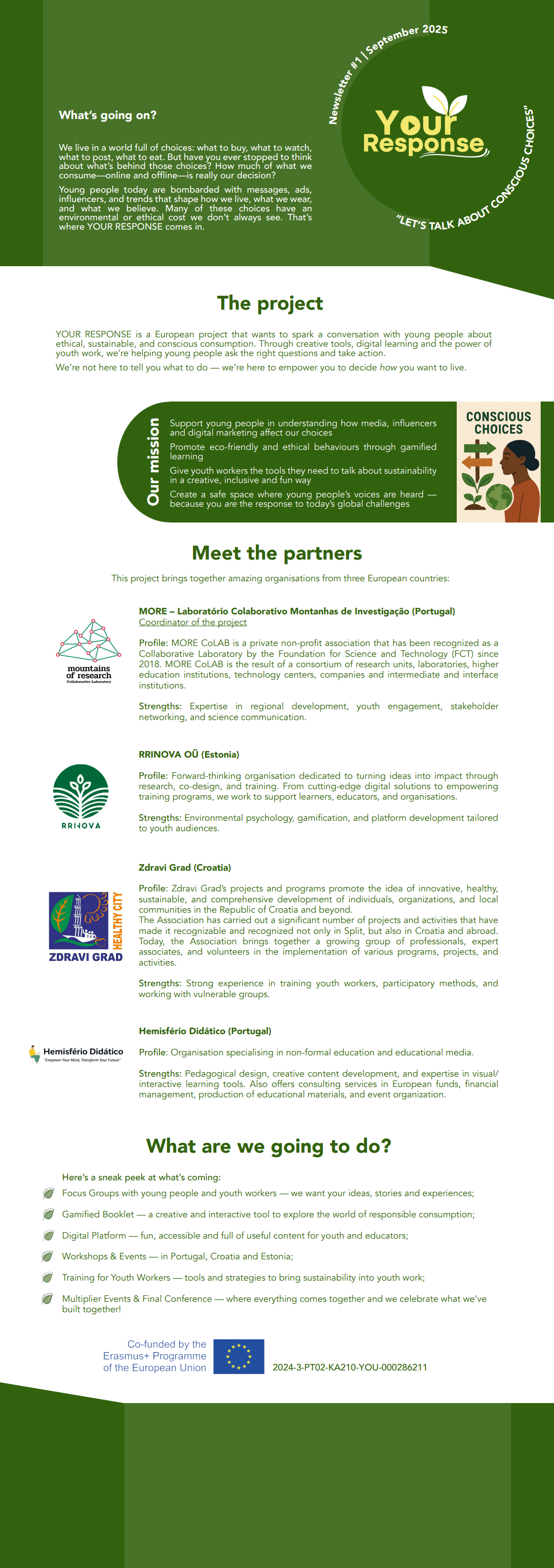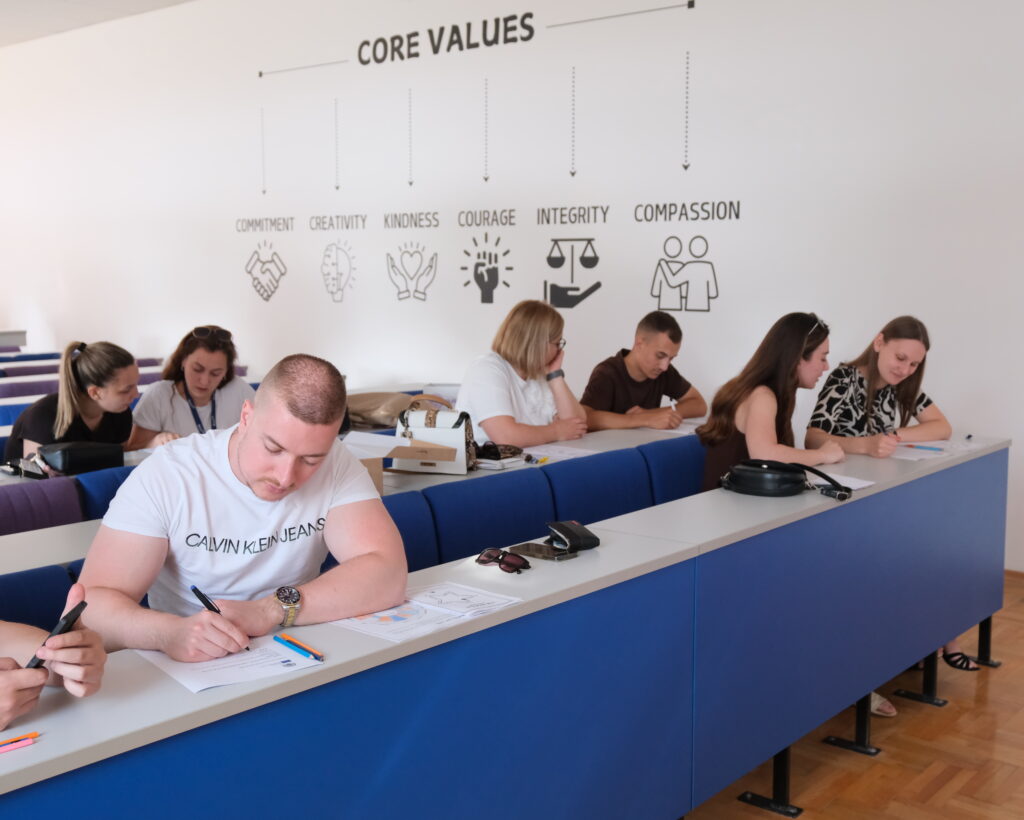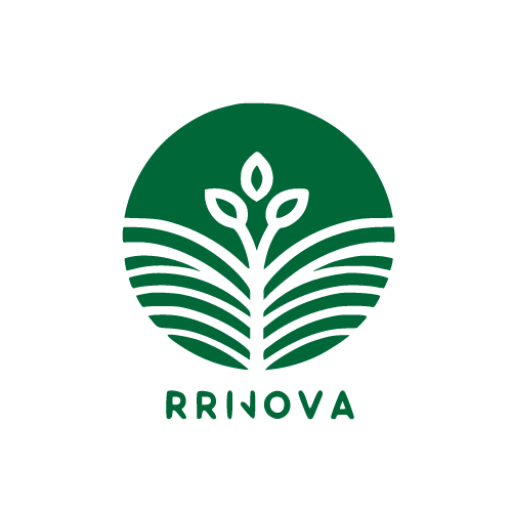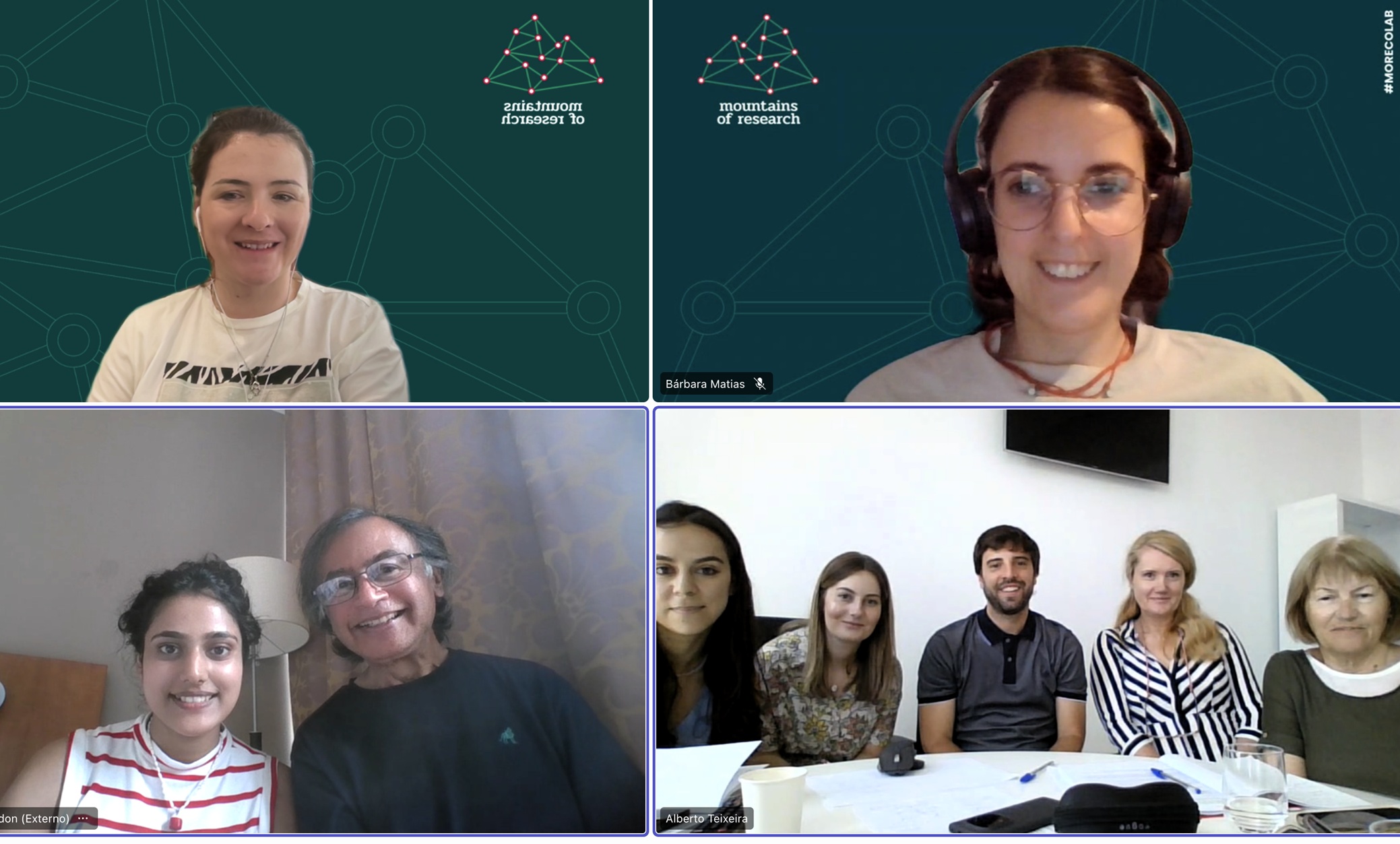
- Your Response
Focus Group Done by RRINOVA

As part of the YOUR RESPONSE (Erasmus+ KA210-YOU) project, RRINOVA OÜ (Estonia) successfully organised two focus group sessions to better understand how young people and youth workers relate to sustainable consumption, media influence, and green behaviour.
In total:
2 focus group sessions
5 youth workers working with disadvantaged young people in sustainability and green thinking
5 disadvantaged youth learners participated and shared their views
These sessions provided meaningful insights that will shape the project’s educational tools, digital platform and gamified learning materials.
YOUR RESPONSE aims to help young people make conscious, ethical and informed consumption choices — not by telling them what to do, but by empowering them to think critically and act responsibly.
The focus group sessions created a safe space to:
Understand challenges young people face in adopting sustainable habits
Explore how influencers, media and marketing affect their choices
Gather practical ideas for tools that truly work with disadvantaged youth
Key Topics Discussed
1. Most Relevant Sustainability Topics for Youth
Waste sorting & recycling (“many don’t know what happens after the recycling bin”)
Sustainable fashion – thrift shops, clothing swaps, DIY upcycling
Food waste, local food choices and affordability
Environmental impact of digital consumption (e-waste, streaming, fast tech)
Critical thinking about marketing, influencers and greenwashing
2. Knowledge & Skills Gaps Among Youth
Limited understanding of how personal actions impact the planet
Lack of practical skills — repairing, reusing, budgeting
Easily influenced by trends and “eco” marketing without questioning credibility
Motivation drops quickly without visible results or encouragement
3. Connecting Youth with EU and National Policies
Policies like the EU Green Deal feel abstract and “far away”
Need clear, simple explanations with local examples
Youth aren’t aware they can join climate groups, youth councils or consultations
Using visuals, short videos, local role models and interactive workshops is preferred
What the Youth Shared
Values & Priorities
Top priorities: financial stability and personal wellbeing
Sustainability is “important, but not urgent”
“If you don’t have money, you can’t always afford to think green.”
Daily Choices & Behaviour
Convenience and price often win over sustainability
They would choose greener options if they were cheaper or easier
Sustainable behaviour works best when it is fun, social, or saves money
Awareness of Green Policies & Greenwashing
Most heard of the EU Green Deal but couldn’t explain it
Recognise greenwashing from repeated “eco” language with no proof
Want short, visual and simple explanations of green policies
Digital Habits & Environment
Screen time: 4–8 hours a day (TikTok, YouTube, streaming, gaming)
Little awareness that digital activities have an environmental impact
Surprised to learn about data centre electricity use and e-waste
Open to change if it is gamified, social, or shows personal benefit (focus, time, rewards)
What Comes Next?
Insights from both sessions will directly help in creating:
✔ A gamified booklet on responsible consumption
✔ An interactive digital learning platform for youth and educators
✔ Workshops and training across Estonia, Portugal and Croatia
✔ Tools to make sustainability simple, relatable and fun
Related Posts
Your Partner in Real Innovation
We design and develop pioneering projects, conduct meaningful research, and build products that shape the future.


